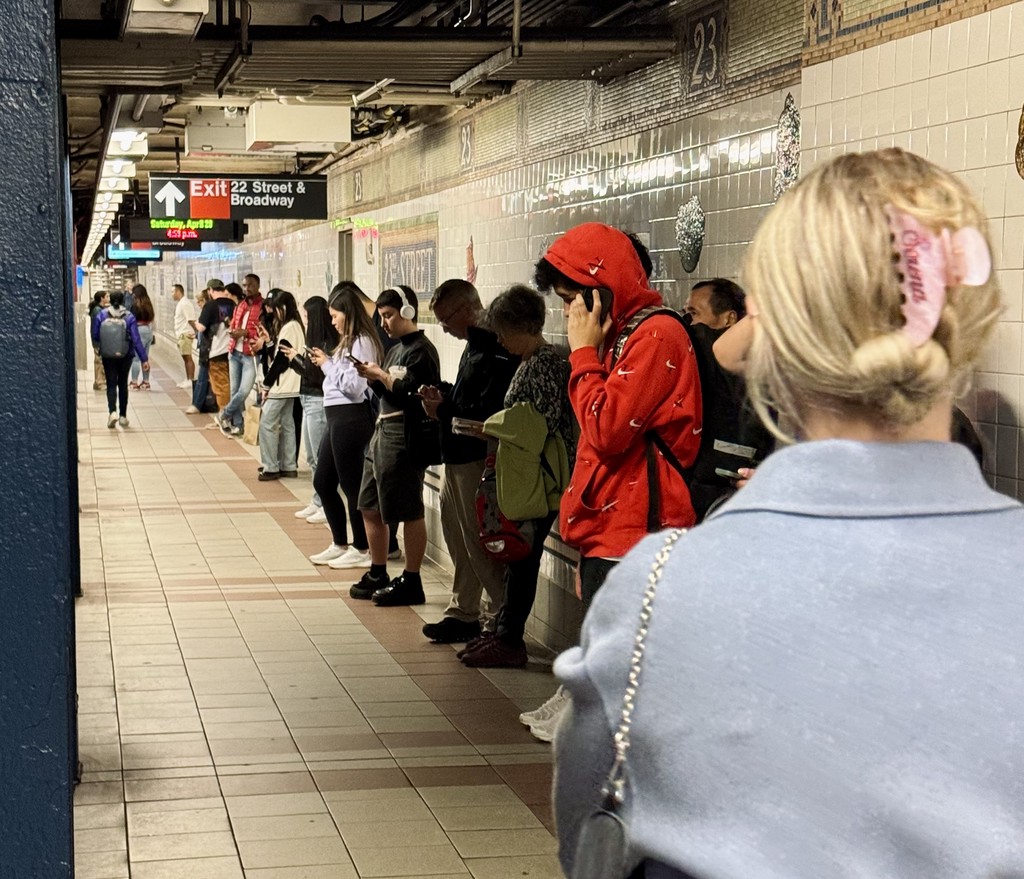Being Present
Being present means consciously inhabiting the current moment—experiencing life as it unfolds without the constant intrusion of past regrets or future anxieties. This state of attentional presence forms a cornerstone of numerous spiritual and philosophical traditions, from Buddhism and mindfulness practice to Stoicism. It’s also foundational to evidence-based therapeutic approaches like cognitive behavioral therapy (CBT), which teaches patients to anchor awareness in the present rather than spiraling into maladaptive thought patterns.

In my previous post, I explored the fascinating connections between CBT and Stoicism, particularly their shared insight that our emotions aren’t simply inflicted upon us—we actively participate in their creation through our interpretations of events.
Internalizing these principles requires practice and patience. I’ll admit that I once dismissed concepts like “being present” or “living in the moment” as empty New Age platitudes. With time and experience, however, I’ve recognized profound wisdom in these seemingly simple ideas. Neuroscience increasingly validates this wisdom—studies have demonstrated that mindfulness practice physically alters brain structure, enhancing regions associated with attention regulation, emotional control, and perspective-taking.
For most of us, the primary obstacle to presence isn’t philosophical disagreement but the relentless bombardment of attention-hijacking stimuli. Our digital devices, social media feeds, news cycles, and entertainment options constantly compete for our finite attentional resources. This fragmentation of attention isn’t merely happening to us—we’re active participants. We choose distraction. We choose overwhelm. We choose anxiety. We choose unhappiness. The average person checks their phone 96 times daily— once every 10 minutes of waking life.
Cultivating greater presence doesn’t require drastic life changes. Small, consistent adjustments yield remarkable results. Here are practices I’ve personally found effective:
Practice device minimalism: Keep your smartphone as just that—a phone. Avoid installing unnecessary apps, particularly those designed to maximize engagement. When tempted to reflexively check your phone during moments of micro-boredom, deliberately redirect your attention to your surroundings instead.
Befriend boredom: Boredom isn’t a problem to solve but a state to explore. Neuroscience research suggests that our most creative insights and meaningful self-reflection emerge during periods of “constructive boredom”—when our minds can wander without external demands.
Conduct an attention audit: Consider deleting accounts on attention economy platforms that provide minimal value. Research participants who took social media breaks reported significant improvements in wellbeing, sleep quality, and authentic social connection.
Prioritize nature immersion: Spend time in natural settings without digital distractions. The “attention restoration theory” proposed by environmental psychologists suggests that natural environments replenish our depleted attentional resources in ways urban or digital environments cannot.
Practice news fasting: Most news content optimizes for emotional activation rather than informational value. Consider limiting consumption to specific times or curated sources. Remember that traditional media operates within the same attention economy as social platforms, just with different business models.
Cultivate flow states: Engage in activities that fully absorb your attention—reading, writing, creating art, playing music, practicing yoga, or meditating. Flow states, as described by psychologist Mihaly Csikszentmihalyi, represent the pinnacle of present-moment awareness, where time seems to disappear and self-consciousness fades.
Some of these recommendations—particularly deleting social media accounts—might appear extreme. However, it’s worth critically examining which digital tools genuinely enhance your life versus those that merely consume your attention without proportional return. If you can maintain a healthily bounded relationship with these platforms, they may serve valuable purposes. But if you find yourself spending hours daily in passive consumption, reevaluation may be warranted.
The quality of our lives correlates strongly with the quality of our attention. In a world engineered to fragment and monetize this precious resource, the deliberate cultivation of presence becomes not merely a philosophical nicety but an essential act of self-preservation. By reclaiming our attention from the algorithmic attention merchants, we rediscover something profoundly valuable—our capacity to fully experience our own lives as they unfold, moment by moment.
Ultimately, being present isn’t about achieving some perfect state of enlightenment. It’s about repeatedly noticing when our minds have wandered and gently returning to the richness of our immediate experience. It’s a practice we never perfect but can always improve—creating spaces where life can be fully lived rather than merely scrolled through.